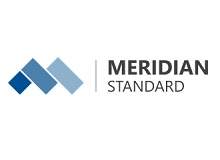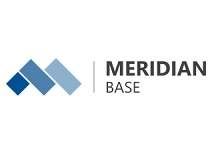Strategies for Asset Lifecycle Information Management
Most large asset-intensive businesses are under increasing pressure to maximise profitability. This drive is balanced against compliance with increasing regulation and the critical issue of mitigating risk.
Some industries are building new plants and factories, while others are re-purposing existing facilities. All need to get the most out of their asset investments.
An emerging information technology strategy offers a comprehensive solution: Asset Lifecycle Information Management (ALIM).
ALIM improves operational excellence
ALIM acts as the glue between systems and teams.
By standardising asset information services, emphasising interoperability and supporting extended analytics over wider data sets, ALIM provides a foundation for physical and human asset performance and productivity.
An ALIM strategy covers more than just enterprise content management or asset information management. It includes management of project performance (PPM), asset performance (APM) and asset and project portfolio (APPM).
In addition to information storage, ALIM strategies include strategies for workflow, integration, security, role-based portals and workspaces.
This facilitates improved business planning, unlocks opportunities for optimisation and supports continuous improvement.
Change strategy
ARC Advisory Group, a technology research and advisory firm and the thought leader in supply chain and (process) manufacturing, has created a white paper introducing the applications of ALIM.
Download the free ARC white paper and discover:
- What ALIM is
- How ALIM improves asset performance
- ALIM strategies
- ALIM solutions from BlueCielo
- How you could benefit
Continue reading this article on our website.







